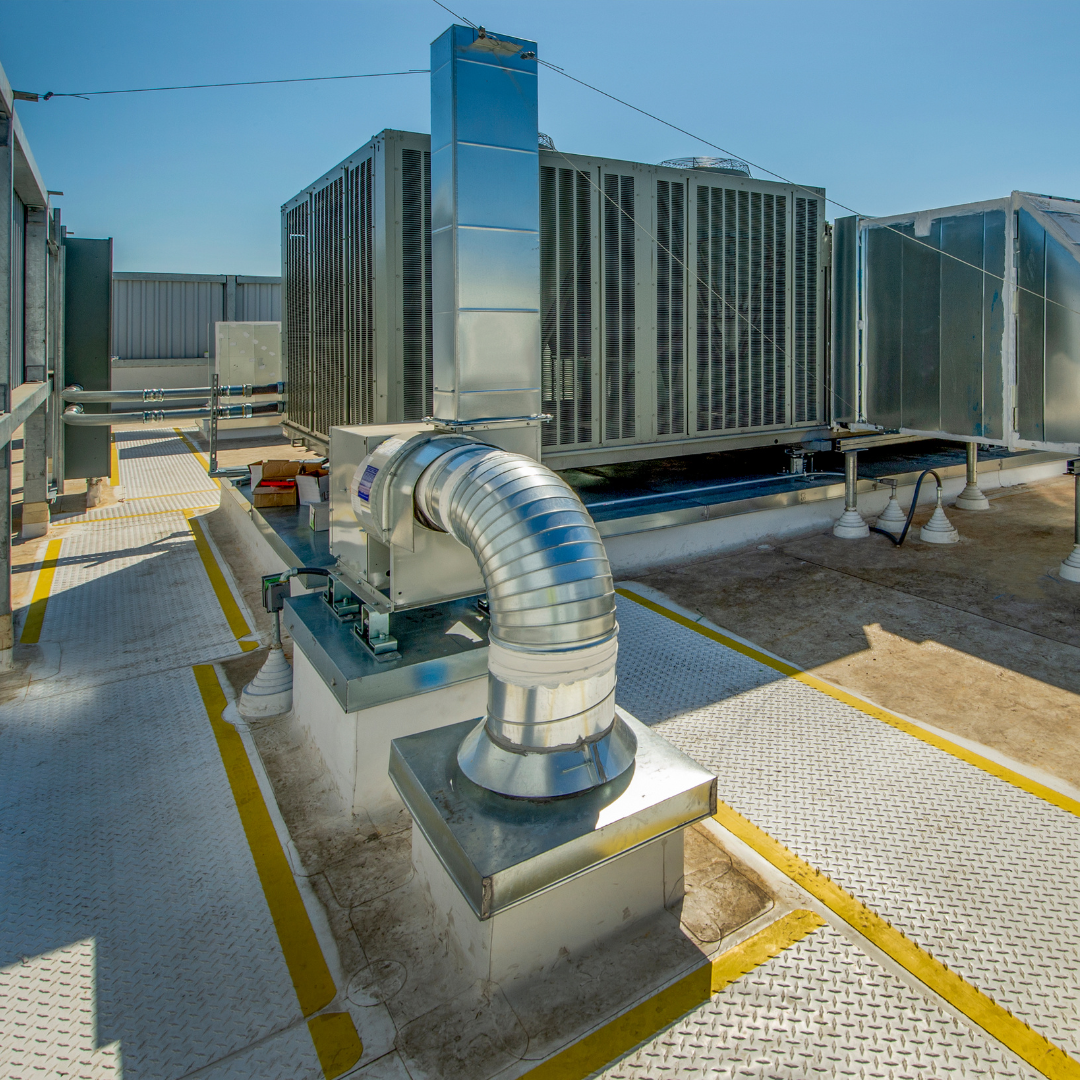When it comes to home expenses, heating, and cooling can account for a significant portion of your monthly bills. If you’re in the market for a new HVAC system, it’s important to find ways to save money without sacrificing quality.
Fortunately, there are several tips and tricks you can use to cut costs and maximize your savings. From choosing the right system to taking advantage of rebates and incentives, this blog will provide you with valuable information to help you save money on a new HVAC system.
What Is HVAC System?
An HVAC system (heating, ventilation, and air conditioning) is a network of different components and devices that control a home’s temperature and air quality. These systems are comprised of a number of mechanical components, such as thermostats, vents, filters, and fans, as well as different electronic systems, such as compressors, circuit boards, and electrical wiring.
Here Are the Tips to Save Money for Installing New HVAC System
Install a programmable thermostat
A programmable thermostat is a programmable controller that maintains the desired temperature in your home whenever you are away or sleeping. You can program the thermostat to establish and maintain an “occupied” temperature while your family is at home.
Install an energy-efficient system
While an energy-efficient HVAC system might cost more upfront, the savings will more than make up for it over time. It can save you hundreds or even thousands of dollars a year on your electricity bill. In addition to cost savings, they also tend to emit lower emissions that can help reduce your carbon footprint. To make the best use of your HVAC, ensure that you use a carrier factory authorized dealer for the installation. This is so that you can get the best quality and service, and have the peace of mind that your system is running at peak performance.
Replace the AC fan with a ceiling fan
When the summer comes, it can get pretty hot in your home. And the hottest part of your house can be a fan. A ceiling fan uses far less electricity and produces less heat than a forced-air system. And if you’re replacing an old HVAC system, there’s no reason to throw out your ceiling fan-it’s actually a great investment. Upgrading your fan to a ceiling fan will also save you money on your utility bill.
Use heating oil instead of natural gas
Switch from Natural gas to heating oil. Heating oil, which you could find at reggiesoil.com, releases lower emissions and burns efficiently, making it a great option for fuelling your home heating system. Unlike natural gas, it is much safer as it does not burn in a liquid state and is non-explosive.
Maintain your HVAC system
If you don’t have your heating or cooling system maintained by a professional, your energy usage and your utility bills will skyrocket. Furthermore, neglecting your system could lead to breakdowns, making your system more expensive to repair than if you kept up with professional maintenance.
Use recommended HVAC maintenance
When you have a new HVAC system installed in your home, you should conduct inspections with the help of professionals from recommended agencies from time to time (like the ones at https://dutchoil.com/). This enables your HVAC system to work well, making your house more energy efficient.
Check your air filters
Investing in a new and energy-efficient HVAC system is a wise choice to maintain a comfortable home temperature. However, even the most advanced system can face efficiency challenges if the air filter is neglected. A clogged filter hampers the system’s capacity, resulting in increased energy consumption and higher utility bills. The concerning aspect is that a heavily clogged filter might not exhibit obvious signs, leading to potential inefficiency going unnoticed. Regular monthly checks are crucial to detect any dirt accumulation, and timely replacement, possibly with a 16x25x4 air filter or the appropriate size, ensures optimal HVAC performance. This proactive approach not only safeguards your system’s efficiency but also contributes to energy conservation and cost savings in the long run.
Ask Questions
Installation can seem intimidating and overwhelming. That’s why many consumers turn to HVAC professionals to answer their installation questions. These professionals can share their experiences, answer their concerns, and help keep them at ease about installing new heating and cooling systems.
Replacing or upgrading your heating and cooling system can have a positive impact on your home, both in terms of comfort and energy savings. However, purchasing a new, energy-efficient system can be an expensive proposition. Fortunately, there are many ways to cut costs while still achieving energy efficiency. A simple solution is to install spray foam insulation, which creates an airtight seal and reduces heat transfer, thereby maintaining a comfortable indoor temperature and improving energy efficiency by preventing air leakage. It is also possible to reduce energy transfer by installing double-glazed windows in your home. Better still, consider purchasing a second-hand HVAC system that is still in good shape if you don’t want to spend too much on a new one.
The heating, ventilation and air conditioning (HVAC) system in your home is critical to your comfort; without it, your home would be a literal, literal tomb. When this system in your home is working correctly, the warm air from your heater in the winter and the cool air from your AC in the summer are evenly spread throughout the house. However, when your HVAC isn’t working as it should be, it can get extremely uncomfortable in your home.
A high-efficiency system will dramatically reduce your heating and cooling costs. Good heating and air conditioning systems can provide you with years of comfort and can extend your home’s life. Replacing your current HVAC with a high-efficiency model and having it installed by a reputable company can save you hundreds or even thousands of dollars on a heating and air conditioning system. As such, you should compare the cost, efficiency, and additional equipment to avoid future problems.
